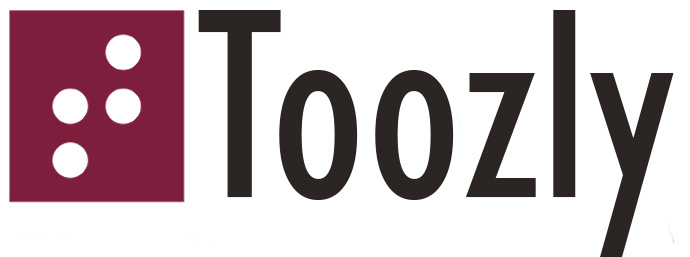The Toozly Approach to employment of Jobseekers with Mental Illness
We know from the literature that there are wide-ranging benefits, particularly for people with mental illness, of being employed including remuneration, greater autonomy, status and acceptance within the community, structured use of time, affirmation of ability, sense of purpose or focus, feeling productive or useful to others, opportunities for social contact and personal development.
The research literature does not support the notion of work readiness as a prerequisite to a successful work outcome. The best predictor of work outcomes for clients with a mental illness “is a person wanting to work and having the belief that this is possible”. There is little relationship between employment outcomes and the individual’s diagnosis, severity of impairment and social skills. There was also evidence that co-morbidities, such as substance abuse and other medical conditions in jobseekers with mental illness did not predict employment status or work participation in a study of 220 patients involved in a supported employment program
Once the jobseeker has been placed in employment, onsite support is delivered using metacognitive strategies specifically developed by Toozly staff. Jobseekers with mental illness often present with executive dysfunction, problem solving difficulties and memory impairment. Traumatic brain injury is often accompanied by mood and other psychiatric disorders and this co-occurrence has been associated with poor vocational outcomes. In the Toozly program, jobseekers are trained to use a Problem Solving Plan (PSP) as a compensatory strategy to increase their level of independence in the work place. PSP represents a routine of knowing what it is that you have to do, working out a strategy for doing it, staying focused until you complete the activity and then checking that it works. Jobseekers are coached on the job, to use the PSP as a form of frontal lobe prosthesis. Experience has shown that in time jobseekers internalise the strategies and become independent in dealing with complex instructions and routines that may arise in the course of their work.
An example of a generic PSP would be the following:
What is that I have to do?
What is the best way of doing this?
What strategies or information do I need? Do it!
Check that it works.
You can individualise a PSP to cater for any jobseeker and any work situation.
For further information on using a PSP refer to: Baron Levi, J. (2020). The Hairy Bikie and other Metacognitive Strategies. Implementing a frontal lobe prosthesis for those whose learning is compromised. Springer Nature: Switzerland.
